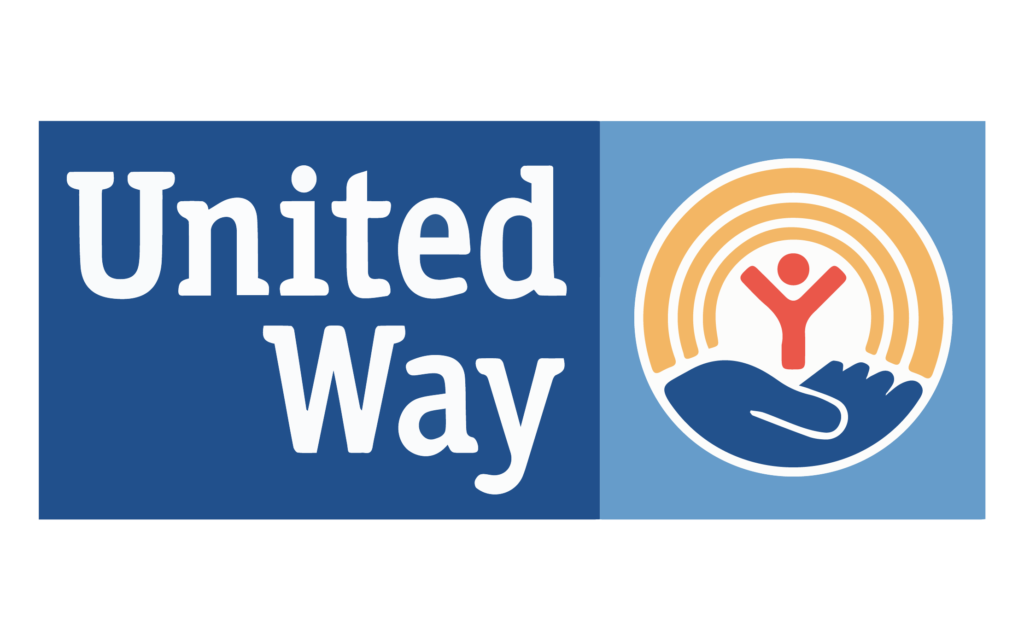When financial institutions are found to be entangled in criminal activities like human trafficking, whether knowingly or unwittingly, it deeply undermines public trust and raises pressing questions about their responsibilities. What can we (or should we) expect from these organizations when it comes to preventing criminal behavior like sex trafficking?
On a fundamental level, corporate social responsibility (CSR) refers to a company’s commitment to operating in a socially responsible and sustainable manner and taking responsibility for its impact on society and the environment. According to Harvard Business School, 70% of Americans believe it is important for companies to practice CSR, and 55% believe companies should take a stand on key issues. These beliefs are often followed up by American consumers’ purchasing practices, with 77% of consumers feeling motivated to buy from or support companies that are publicly committed to making the world a better place.
In the context of recent lawsuits, many of the financial institutions implicated in the Epstein scandal have faced public backlash and calls for accountability, which raises the question of whether CSR can play a role in preventing or addressing such situations. Many Americans believe that these companies should hold some responsibility for the impact and damage caused by Epstein’s sex trafficking ring. These beliefs raise the question: What is reasonable to expect financial institutions to do to prevent and report sex trafficking as a part of their corporate social responsibility efforts?
The following points cover practices that financial institutions should adopt to prevent their services from being used for criminal purposes, including sex trafficking:
- Proactive vetting processes for business partners and associates — While it is excessive to expect an organization to conduct extensive background checks on every individual they interact with, financial organizations can establish policies and procedures that ensure that they do not knowingly engage with individuals or entities involved in illegal or unethical activities.
- Customer due diligence (CDD) policies — Financial institutions conduct CDD procedures to verify the identity of their customers and ensure that they are legitimate. Given the high numbers of traffickers that force survivors to open bank accounts or apply for credit cards to launder money (Forbes), there is an opportunity for financial institutions to notice suspicious activity.
- Trafficking awareness training — Many criminal activities utilize financial services, and most institutions have training in place to help employees recognize the illicit activity. However, sex trafficking transactions can often appear legitimate and specific training for recognizing the signs of trafficking can provide these companies with the knowledge and procedures for reporting the activity to the appropriate authorities. These signs include unusual patterns of cash withdrawals, frequent international wire transfers, or large deposits from unknown sources.
- Partnerships and collaborations — Financial institutions can collaborate with law enforcement agencies and government representatives to share information and best practices related to sex trafficking prevention. This includes participating in public or private partnerships to combat trafficking.
- Enhanced due diligence (EDD) procedures — EDD policies are triggered by customers or transactions that pose a higher risk of being related to sex trafficking. These policies involve performing additional checks, gathering information about specific transactions, and tracking deposits and withdrawals. Financial institutions can use EDD policies to gather evidence about potential sex trafficking activities.
- Artificial intelligence and machine learning technology — Modern technology can be utilized to detect suspicious or illicit activity in real time, simplifying the process for financial institutions to flag transactions that may be related to sex trafficking and preventing further crimes.
By implementing these practices, financial institutions can play an active part in reporting activities and gathering evidence that can lead to the prosecution of traffickers and the freedom of trafficking survivors. Adopting and embracing these policies should be an integral piece of the corporate social responsibility efforts of financial institutions in the United States. While there is no single solution to the complex issues of human trafficking and corporate responsibility, companies can take steps to be more proactive, transparent, and accountable in their actions. By doing so, they can help prevent situations similar to the Epstein scandal and contribute to a more just and ethical business environment.
Safe House Project
At Safe House Project, we are committed to helping survivors reclaim their lives. If you or someone you know needs assistance, don’t hesitate to reach out. You can support our mission to end human trafficking by making a donation today. Together, we can make a difference and offer hope to those who need it most.










